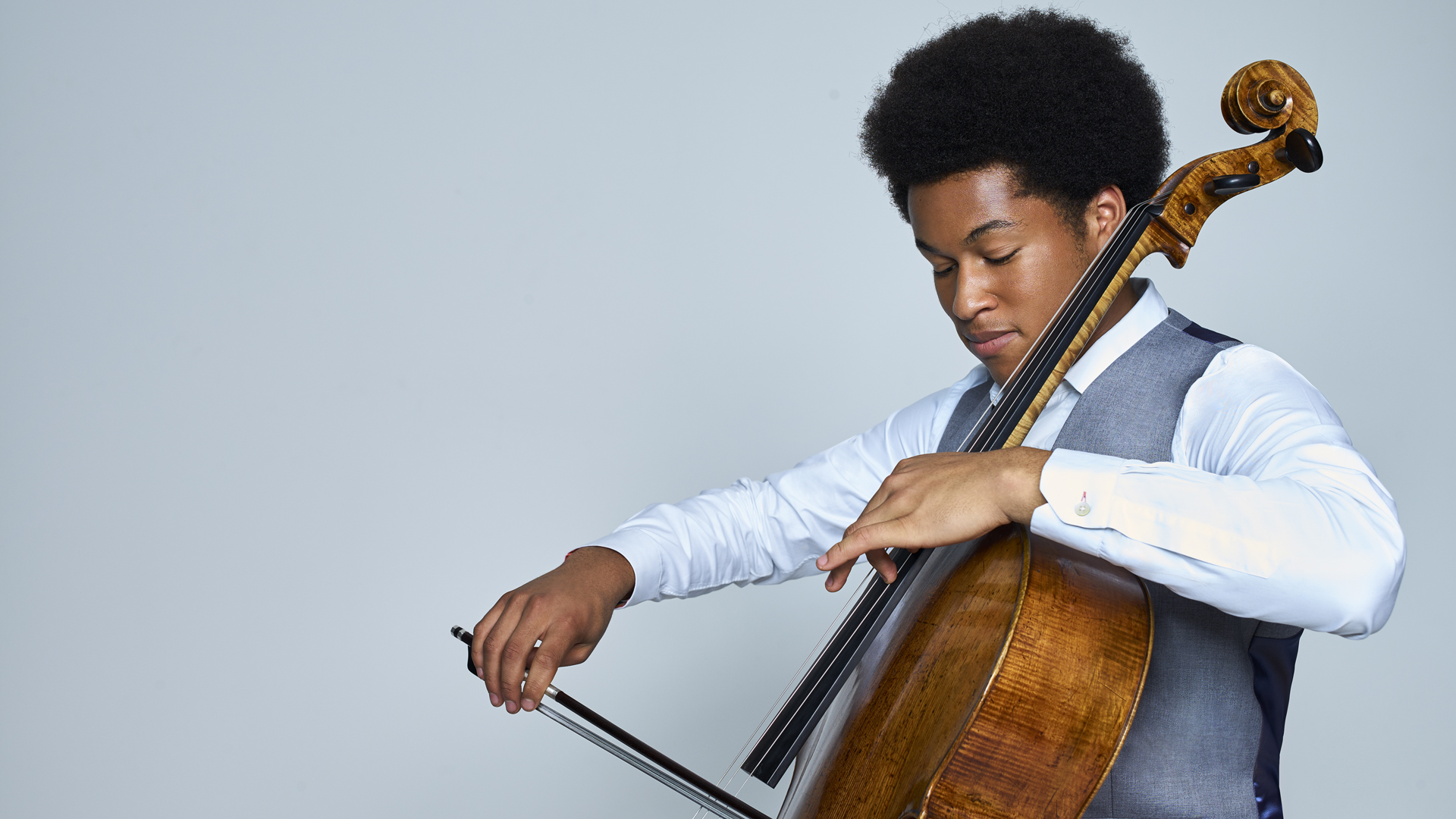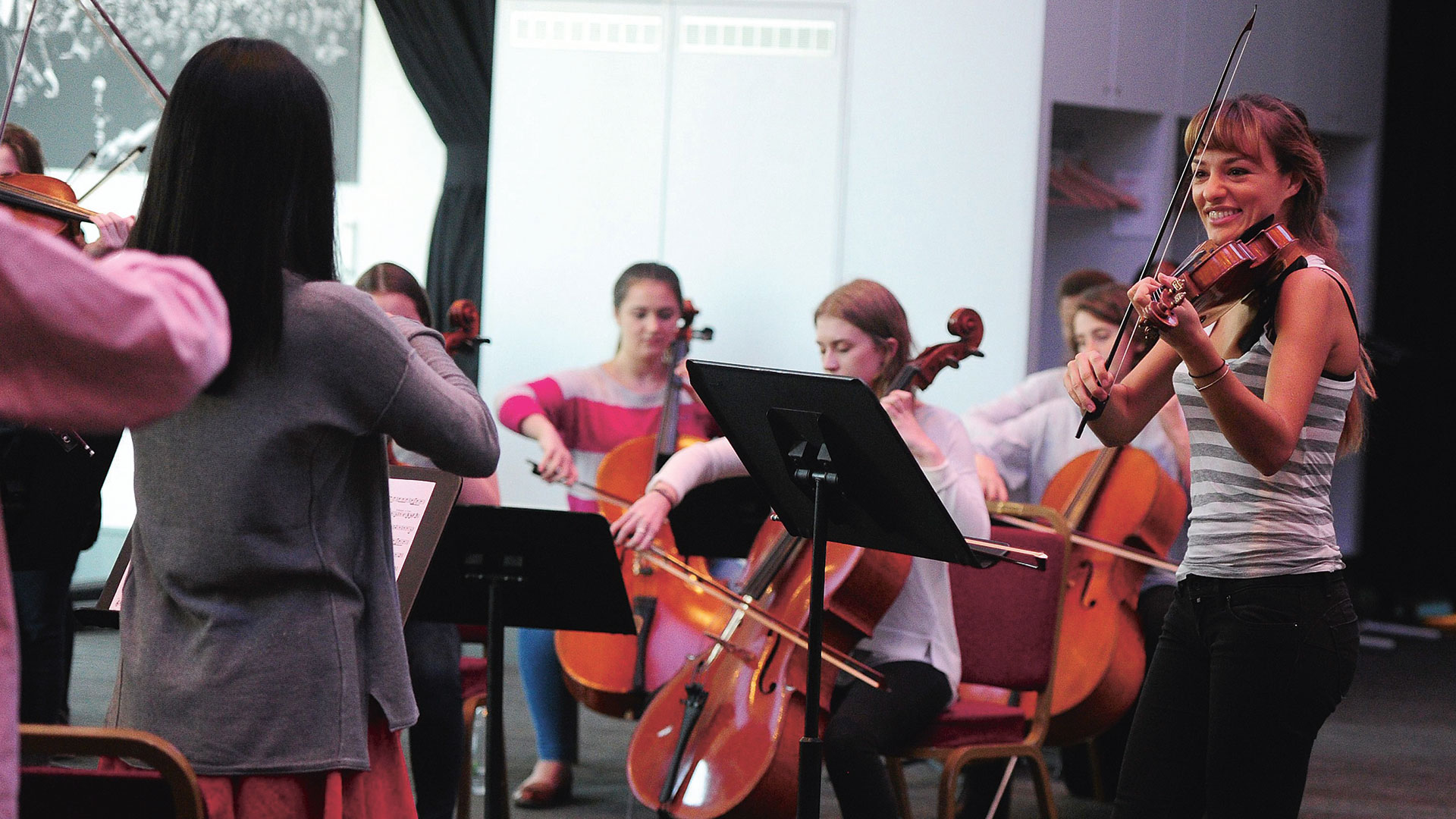At the BBC Music Magazine Awards ceremony held earlier this spring, oboist Nicholas Daniel made a powerful plea for the industry to come together to stop what many perceive as a dismantling of music education in the state system. The former winner of BBC Young Musician of the Year, who was presenting an award that night, used his platform as a call to arms. Harriet Harman QC, MP for Camberwell and Peckham, who was also presenting an award, echoed Daniel’s sentiment and suggested that she would lend her support. That expression of interest has now been formalised in the Every Child a Musician campaign.

Daniel – supported by a swathe of high-profile classical artists, including violinist Nicola Benedetti and royal wedding cellist Sheku Kanneh-Mason – uses the Every Child a Musician scheme in Newham in London as a point of reference, and calls for the programme to be replicated across the country. The Newham initiative sees every primary school child taught to play an instrument from Year Three. Daniel and colleagues suggest that this should be a “universal right”, while Harman refers to a “postcode lottery” in current provision. The campaign is the latest in a series of projects aimed at capturing public interest in music education. Bacc for the Future, a campaign against performance measure English Baccalaureate, which excludes creative subjects from counting in key school league tables, now has more than 30,000 signatories.
And another organisation that works actively to address inequality in music education is the London Music Fund, an independent charity that provides grants of around £300,000 each year to support pupils across the capital. The Classic BRIT Awards (June 13 at the Royal Albert Hall, broadcast on ITV on June 17) has announced that it will donate tickets to the glitzy event to LMF scholars. A handful of free passes doesn’t seem too onerous for a commercial enterprise, but it’s an important step in enabling access.
Classic line-ups
Classical music is becoming a staple at summer festivals that several years ago might have had an all-rock-and-pop line-up. It’s not just classical either: comedy, cabaret, dance, visual art and poetry readings are increasingly likely to appear in the big top. Post-classical – that ethereal, electro-acoustic genre-bending soundworld – is on the rise too (see The Big Issue’s festival guide, April 31-May 6). Henley Festival (July 11-15) has perhaps booked the most diverse headliners – while Rita Ora opens the event, the English National Opera (ENO) will close it.
Classical music is becoming a staple at summer festivals that several years ago might have had an all-rock-and-pop line-up
Music director Martyn Brabbins will lead the ENO orchestra and guest soloists through the greatest hits from the opera world (expect all the biggies: Carmen, The Marriage of Figaro and La Traviata).The black-tie event set on the banks of the Thames promises to be a frothy evening of frocks and fireworks. And it’s for a good cause: the festival is run on a not-for-profit basis and this year proceeds go to the Charlie Waller Memorial Trust, which was set up in memory of a young man who took his own life, and The Teenage Wilderness Trust, which supports young people who have struggled with mainstream education.









